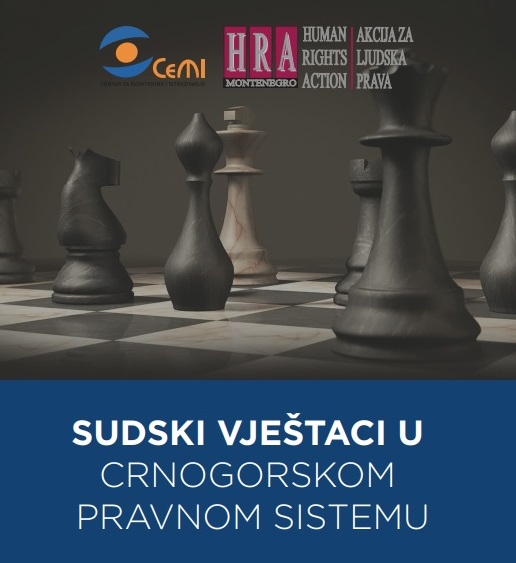The rapid advancement of science and technology in contemporary society has broadened the horizons of human understanding and capabilities to an extent where it is practically impossible for any individual to encompass all knowledge. Consequently, specialization in specific branches and fields of scientific endeavor is increasingly prevalent. This global scenario inevitably impacts the collaboration among diverse experts aimed at addressing specific issues and challenges. Courts, too, are not immune to this objective reality. They grapple daily with a multitude of professional and technical questions in dispute resolution, often necessitating consultation with experts from various domains. Given their inherent limitations in determining every contested fact due to the absence of requisite expertise, courts often resort to expert opinions to elucidate complex matters.
However, expert testimony entails a multifaceted process that must meet certain prerequisites to hold significance in legal proceedings:
1) Legal provision
2) Expertise, objectivity, and independence of experts
3) Mutual trust between judges and experts, as well as among the involved parties and the general public
The aim of this study is to scrutinize and assess these parameters, while also proposing future solutions that could enhance the legal system in Montenegro, particularly in the realm of expert testimony.
